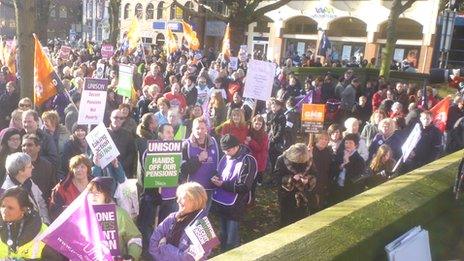Osborne promises to ease jams today - but no jam tomorrow
- Published
- comments
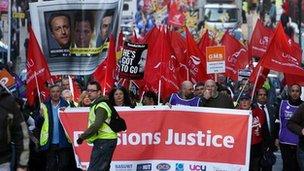
Thousands took part in a march to the NIA in Birmingham on Wednesday
Consider the not-so-bad news and the not-so-good news contained in the Autumn Statement.
A new bridge over the River Avon for Evesham. Three road improvement projects on the A45 around Coventry and Birmingham. And yet more variable speed limits on the M6 between Birmingham and Manchester. Not so bad.
But public sector workers' pay will be capped at 1% for two years beyond the end of their current freeze. Not so good.
(And by the way, whatever happened to the principle of free collective bargaining? Have I missed something or has a time-honoured principle just fallen unnoticed to the floor?)
Are they by any chance connected? You bet they are.
The £5 billion the chancellor is chipping in towards his heavily-leaked infrastructure projects will come from savings he is planning to the government's current spending plans over three years.
Which in turn means a further squeeze on the already embattled public sector. Not, you may think, a way of injecting some much-needed sweetness and light into the negotiations between the government and the unions, in a week dominated by Wednesday's "Day of Action" over public sector pensions.
'Cruel coalition'
But maybe the chancellor was getting his retaliation in first. Sending a message to teachers, police support officers and health service workers that their medicine, however distasteful, is what the doctor ordered during this longer-than-expected economic malaise.
There has certainly been a ratcheting up of the rhetoric: the Unison leader Dave Prentis said in Birmingham that a "cruel coalition" was engaged on "a denial of democracy".
But James Morris, the Conservative MP for Halesowen and Rowley Regis, his party's "go-to" spokesman here in the West Midlands, dismissed the strikes as "a political stunt" which lacked widespread support.
And, incidentally, have we also just heard yet another of those time-honoured principles falling quietly to one side: the notion that one parliament cannot bind the hands of another?
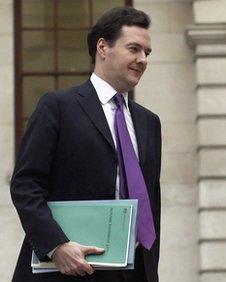
The chancellor's £5 billion towards infrastructure projects will mean a further squeeze on the public sector
The chancellor's admission that the structural deficit cannot be eradicated before the next election, despite that promise by David Cameron, commits whoever forms the next government to yet more austerity measures for years to come.
Could it also call into question the Conservatives' and Liberal Democrats' professed determination to fight the next election as separate parties? How can they go their separate ways if the mission they agreed for their coalition at the outset remains a work in progress?
The possibility that Labour may be forced to accept that the coalition's cuts cannot be reversed for the foreseeable future would help Ed Miliband to differentiate his party from that of his predecessors.
But how would it go down with those of his backbenchers with the closest links to the unions, who only just about persuaded him to soften his opposition to the Day of Action?
Jam tomorrow?
People like Jack Dromey for example. The husband of the deputy leader Harriet Harman, a former leader of the Unite union, now the Labour MP for Birmingham Erdington and a shadow minister for communities and local government.
He will be with me in the studio for this this week's Politics Show, along with Margot James, the self-made businesswoman who is now the Conservative MP for Stourbridge and a member of the Commons Business and Skills Select Committee.
Her chancellor may hope to ease the traffic jams of today. But will there will be any jam tomorrow?
I hope you too will be with us from 12.00 on BBC One on Sunday (4 December).
You can also follow me on Twitter - @PatrickBurnsBBC, external
- Published29 November 2011
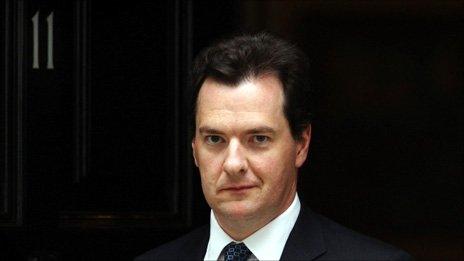
- Published30 November 2011
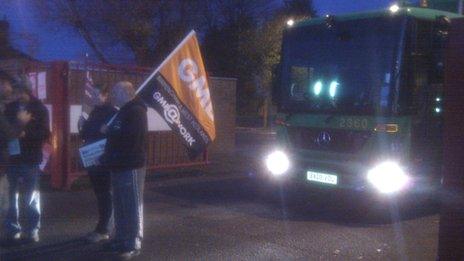
- Published30 November 2011
